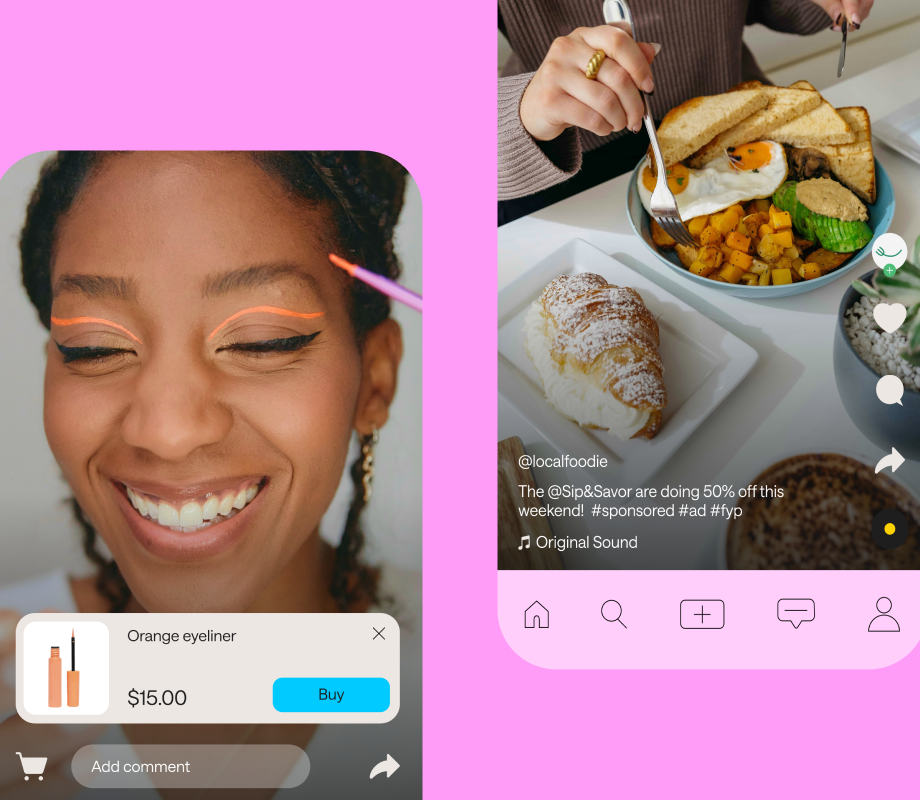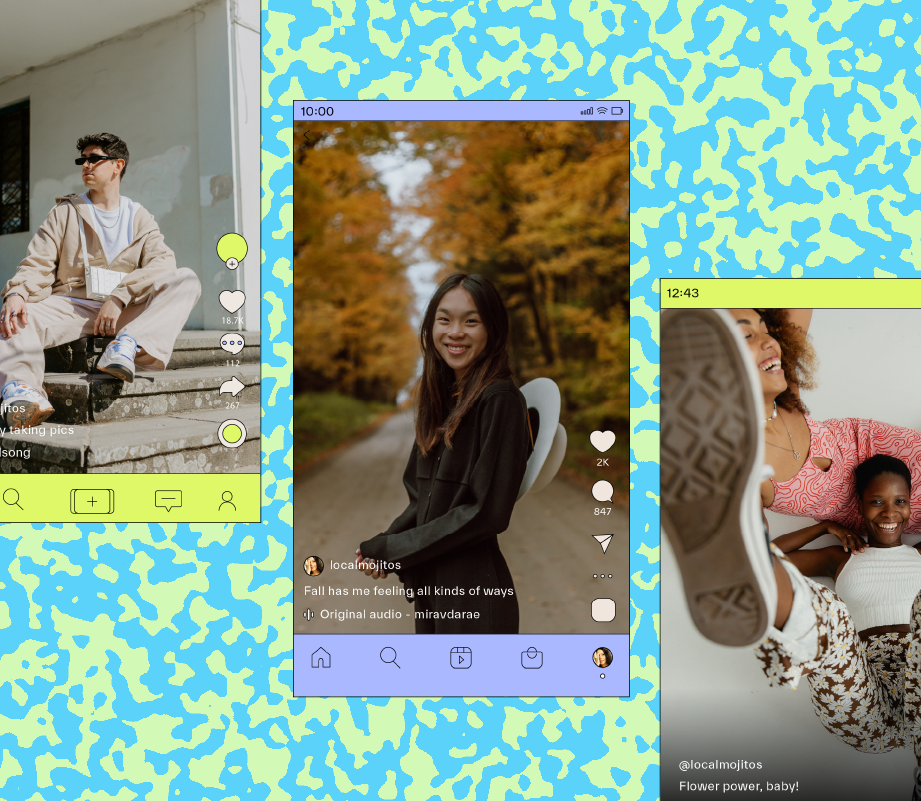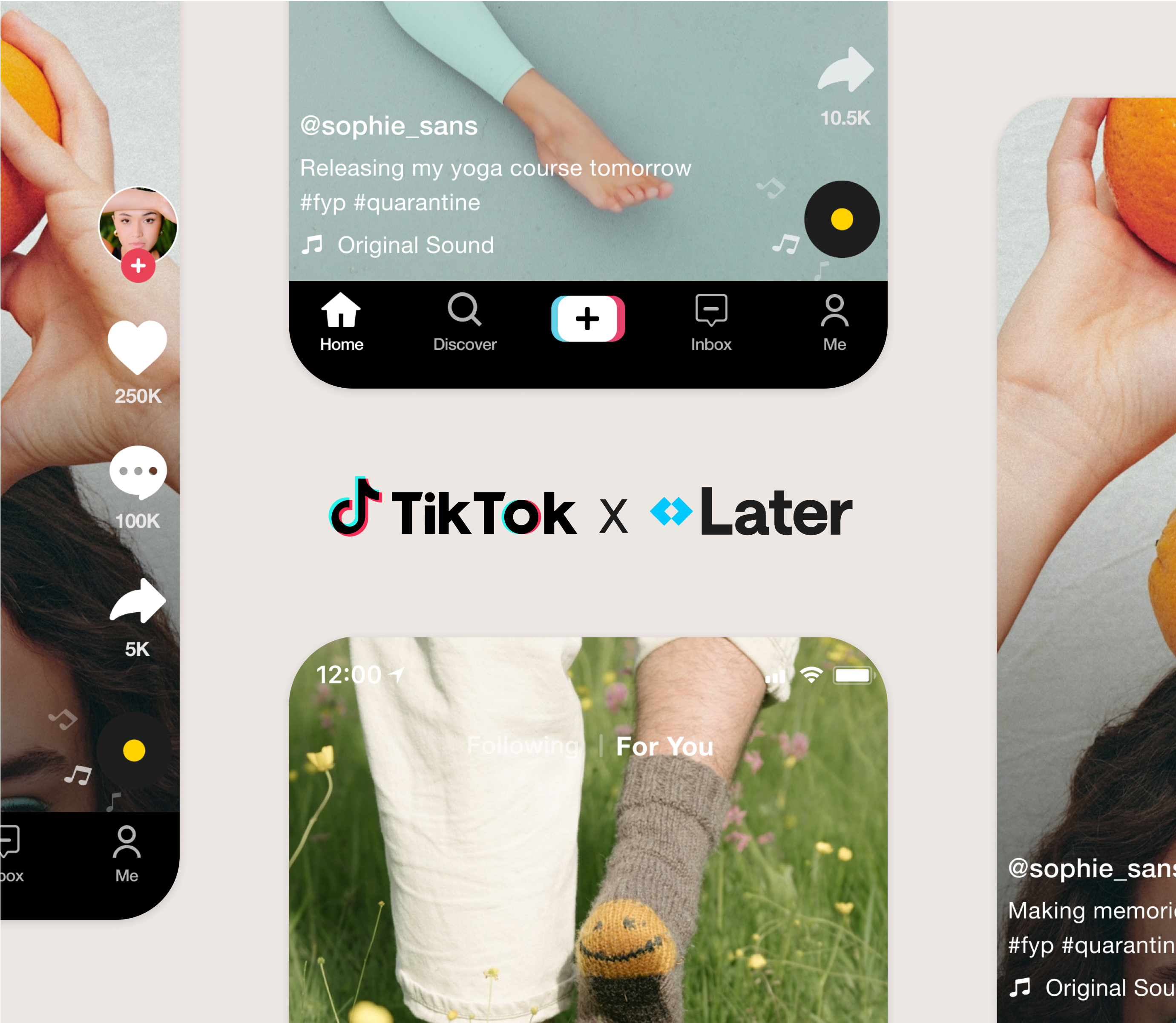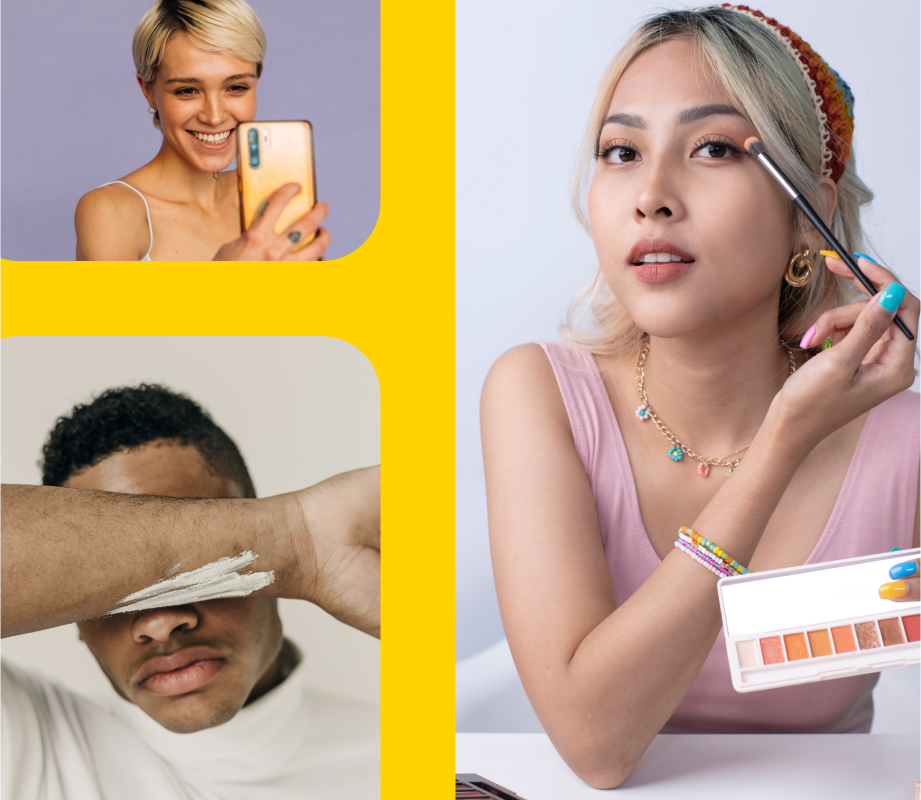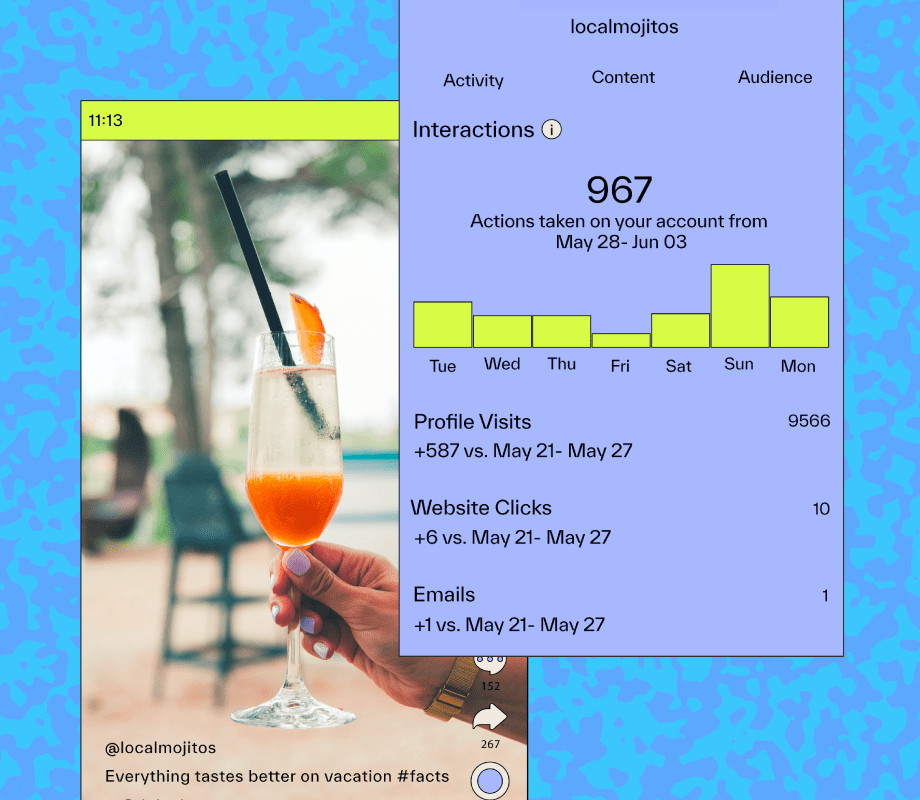Influencer Marketing Blog Posts
53 Articles
Plan and schedule all your social posts in one place with Later
Plan and schedule all your social posts in one place with Later
Influencer Marketing Blog Posts
Want to keep learning? Checkout The Ultimate Guide to Social Selling
